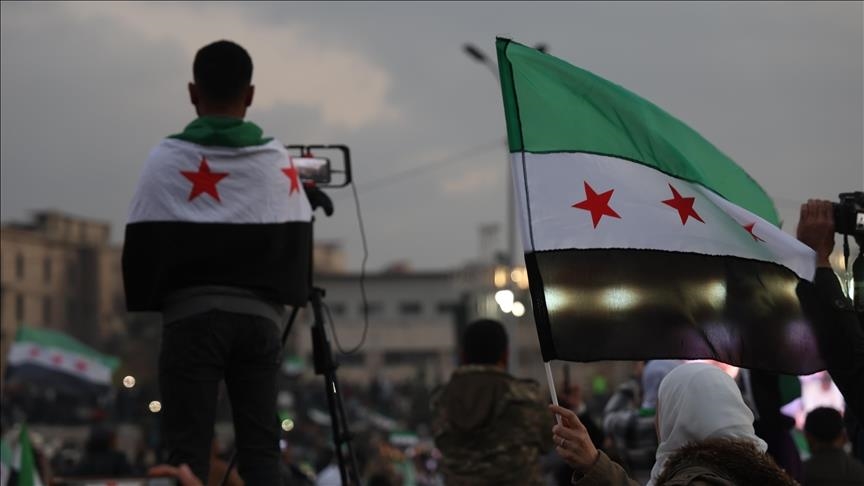Easing of sanctions 'essential to reactivate Syria's economy': UN envoy
'The reality is that complex intersection of sanctions on Syria hampers peace dividends that we should be seeing from the suspensions already granted,' says Geir Pedersen

HAMILTON, Canada
The UN on Friday emphasized the need for accelerated sanctions relief in Syria, saying that sanctions continue to obstruct its recovery, despite limited suspensions.
"Almost all Syrians in and out of the country echo the call for sanctions easing to be at a larger scale and quicker pace," UN Special Envoy for Syria Geir Pedersen said.
He noted that easing of sanctions is "essential to reactivate Syria's economy, to realize concrete support from the region, and to enable many to actively participate in a national effort to rebuild their country."
"The reality is that the complex intersection of sanctions on Syria hampers peace dividends that we should be seeing from the suspensions already granted," he added.
Pedersen further called for deeper relaxation of restrictions in sectors including energy, banking, health and education, and urged governments to work with the private sector to ensure that existing sanctions relief translates into real economic benefits on the ground.
While stating that Syria has taken steps beyond a caretaker government, Pedersen also stressed the importance of wider participation in shaping Syria's future.
"The challenges are huge, and the situation is extremely fragile. There is a need for much more political inclusion – and for much more economic action. With a sea-change on both these elements, the political transition in Syria can succeed. Without both, it likely will not – and the consequences would be grave," he said.
The UN envoy also condemned ongoing Israeli military actions, emphasizing that they undermine Syria's sovereignty and stability.
"These attacks must cease," he said, and urged respect for the 1974 Disengagement of Forces Agreement.
Israel has mounted a massive air campaign against Syrian military sites since the downfall of the Bashar Assad regime in December.
The Israeli army occupied the demilitarized zone in the Golan Heights in early December, violating a 1974 Disengagement Agreement with Syria, in a move that expanded Israel's control over the territory, most of which it has occupied since the 1967 Middle East War.
Assad, Syria's leader for nearly 25 years, fled to Russia on Dec. 8, ending the regime of the Baath Party, which had been in power since 1963.
UN Assistant Secretary-General Joyce Msuya echoed the urgency, highlighting that nearly three-quarters of Syria's population requires aid. She warned that explosive remnants continue to kill and injure civilians daily and said humanitarian operations face critical underfunding.
"To date, we have received only $186 million – less than 10% of the requirements for the first half of 2025," Msuya said, and warned that nearly half of the UN refugee agency’s community centers could close by summer.
She stressed that without sustained investment in recovery, "the hope to seize this critical opportunity to build a more prosperous future risks slipping away."
Anadolu Agency website contains only a portion of the news stories offered to subscribers in the AA News Broadcasting System (HAS), and in summarized form. Please contact us for subscription options.







